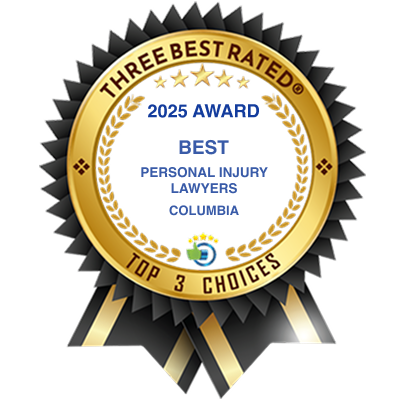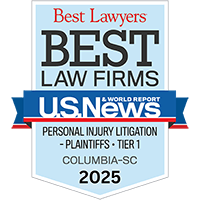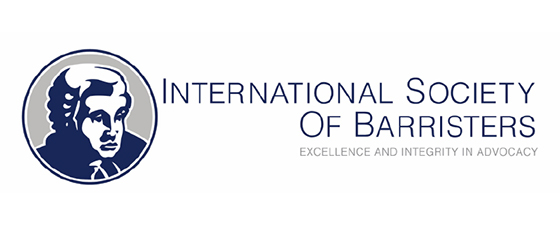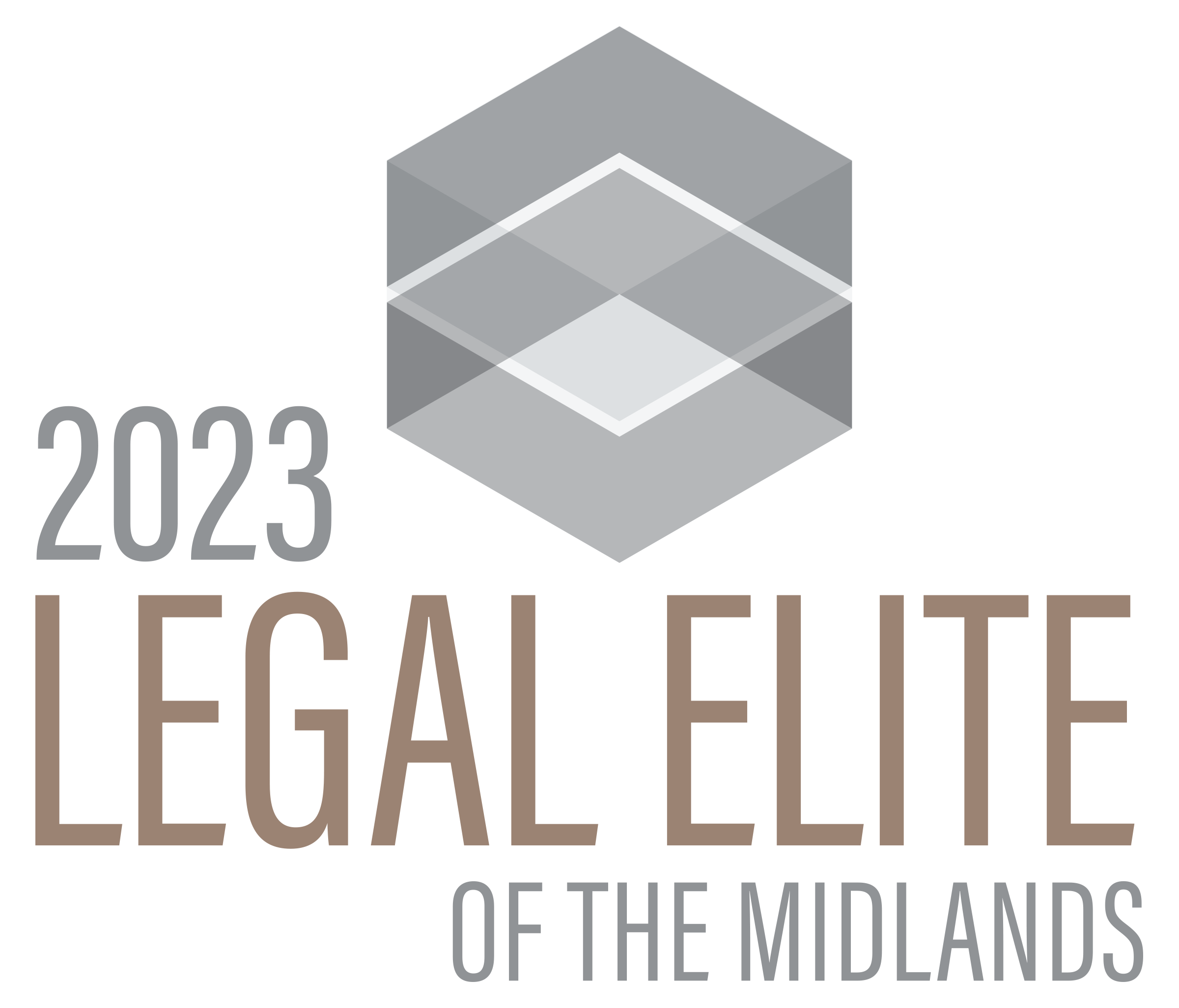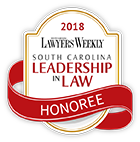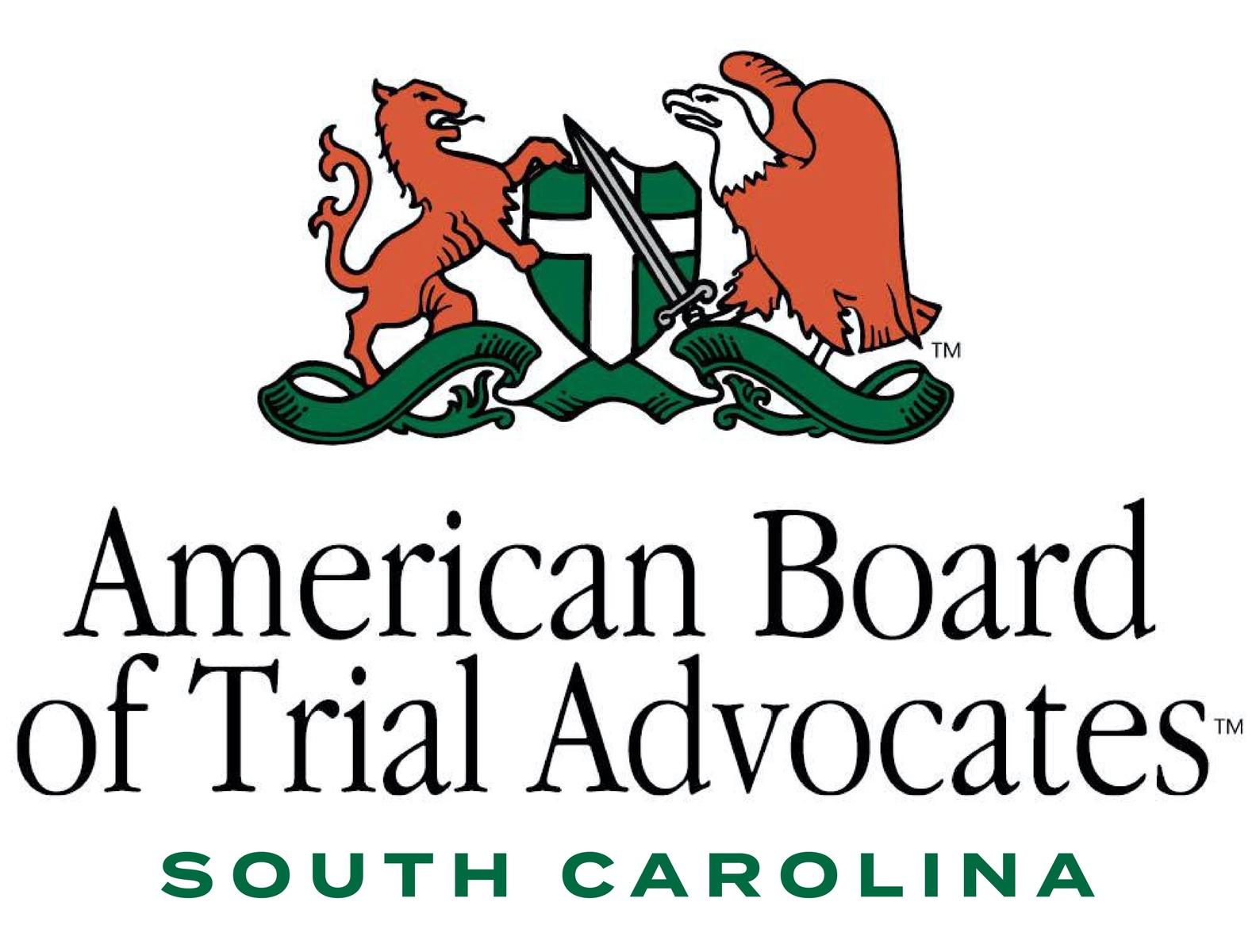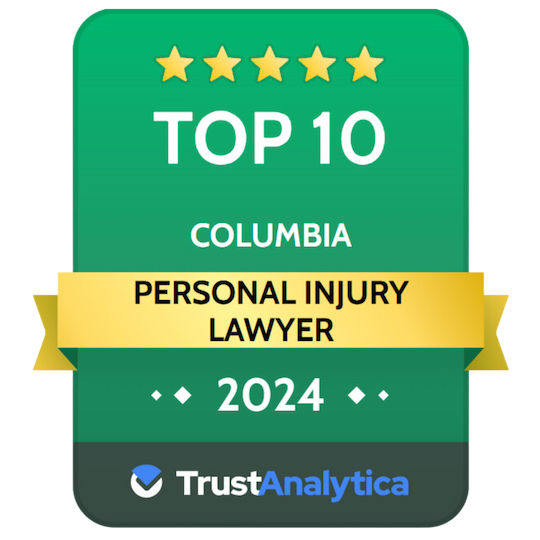Columbia Lawyers for PTSD or Mental Conditions from Car Accidents
The outcome of a rollover car accident is not only physical. The emotional impact of the sounds, feelings, and trauma of a collision can linger long after the broken bones and bruises have healed. The anxiety and nightmares that follow a traumatic event could be post-traumatic stress disorder (PTSD).

If you have been involved in a rollover car accident that wasn’t your fault and are suffering from anxiety, depression, or chronic nightmares, you might need help to get compensation for your emotional injuries. Call the Columbia rollover accident attorneys at Goings Law Firm, LLC. We’re just a phone call away at (803) 350-9230, waiting to help. Contact us today to discuss your case. The consultation is free, and we’re ready to fight for your rights.
Signs and Symptoms of PTSD
Although PTSD is associated with returning combat veterans, it is actually most common in car accident survivors. According to a study carried out by the National Institute of Mental Health, as many as 39 percent of crash survivors have some form of PTSD. The feelings of fear, helplessness, and panic involved in a car accident are similar to those in a combat scenario and create the same emotional scars as those seen in veterans.
PTSD can be extremely disruptive and cause the patient a great deal of emotional pain and suffering. Some of the symptoms can include:
- Anxiety, distress, despair, and/or depression. These feelings become more severe whenever the event is remembered or something brings it to mind.
- Recurrent and persistent recollections of the event: Sufferers may have intense sensory perceptions, including sights, sounds, and smells.
- Vivid dreams and nightmares of the event: These can be so horrific that the person may fear sleeping.
- Dissociative flashbacks: The person may feel and react as if the event was occurring again and behave accordingly.
- Avoidant behavior: This could present as an inability to go past the accident scene, becoming anxious or agitated when seeing something that reminds them of the accident, and avoiding anything that might create that anxiety.
- Unusual arousal symptoms: These symptoms include hypervigilance (being acutely aware of things that others are not), insomnia, irritability and aggression, and an unusual startle response.
In severe cases of PTSD, these symptoms begin to feed off themselves. The anxiety becomes worse whenever it is triggered, leading to avoidance of anything that might trigger the anxiety, which leads to increased anxiety, leading to yet more triggers for the anxiety.
As the disorder progresses, patients tend to self-medicate in an effort to keep functioning in society. Alcohol abuse, substance abuse, and eating disorders are common secondary disorders seen with PTSD.

Don’t wait for your condition to get worse, get the help you need immediately. There a many different different types of losses that you may be eligible to recover compensation for.
We hear many of the same doubts and questions over and over again from people who come to us to discuss their accident. We have answered the most common questions on our FAQ page.
Robert F. Goings, founder of Goings Law Firm, LLC, practices law centered around the values of fairness, honesty, hard work and justice. Don’t suffer more than necessary. Book an free consultation to discuss your case with one of our legal experts.
Causes of Car Accident PTSD
It might seem obvious that PTSD is caused by a car accident, but, in fact, there are several factors that make PTSD after a motor vehicle accident more likely.
If you’ve been in a car accident, even if you haven’t been physically injured, you’re more likely to develop PTSD if certain factors are present. Knowing these factors in advance can help you seek medical help right away instead of months or years later.
- Perceived threat to your life or the life of another during the accident. Very simply, if you thought you were going to die during the accident or thought someone else in the car was going to die, you’re at a much greater risk of PTSD. In one case study, a young mother suffered from PTSD because her infant son was in the car. All her post-accident thoughts revolved around her fears at the time of the crash that her baby had died.
- Lack of social support immediately after the accident. If you lack a good support network and have nobody to turn to or are one of those independent sorts who likes to go it alone, you have a greater chance of developing PTSD. It’s okay to find a friend and cry on their shoulder for a few weeks.
- Chronic pain after the accident. For reasons that are not yet clear, PTSD in car accident survivors seems to be correlated with poor pain management. Whether the pain is a constant reminder of the accident or prevents the patient from working on other coping strategies, studies carried out at the National Institutes of Health have shown that a reduction of pain equals a reduction of PTSD symptoms. So don’t “grin and bear it.” Take your pain medication.
If you were injured a car accident, there are a few things you should do right away. The first thing you should do is talk to a doctor about your injuries. The second thing you should do is speak with lawyer.
There are also some things you should not do – for example, never post anything about your accident on social media.
The Columbia car accident lawyers of Goings Law Firm, LLC are standing by to discuss the details of your case with you and to talk about possible compensation. If you were injured in a car crash that was not your fault, contact us immediately for a free consultation.
PTSD and Your Personal Injury Case
PTSD can take months or years to develop and even longer to be recognized and traced back to the accident as the source of the trauma. In one case, a man had been suffering moderate anxiety, gastrointestinal trouble, and compulsive behaviors, which began affecting his work performance six years after his accident. They were not successfully treated (with a combination of behavioral therapy and medication) for another six years after that.

In South Carolina, the statute of limitations for a personal injury case is three years from the date of injury, or when you “reasonably should have known” that you suffered an injury. Thus, if you were in a car accident and six months later begin suffering from anxiety and nightmares, you are expected to “reasonably know” that these are related to the accident. It’s up to you to figure it out and file your lawsuit.
Because of this inflexibility in the law, it’s important that you consult a legal professional as soon as possible after you have been involved in any kind of accident. You want to make sure that all your insurance claims are properly filled out, and that all records have been sent to the insurance company. Even if you don’t think you’re suffering from any mental or emotional conditions just after the accident, having a good record of your condition can provide proof that you sought medical treatment if you need it later.
Contact Us for Help
If you’ve been involved in a rollover motor vehicle accident and you think you might be suffering from PTSD or any other emotional issue, you need to have skilled legal assistance to help you get the compensation you need.
The lawyers at Goings Law Firm, LLC are dedicated to legal excellence. We are uniquely experienced in trial law and are dedicated to defending your rights. Our clients say we are professional, hard working, empathetic, and kind.
Call us at (803) 350-9230 or contact us online to set up a free consultation about your case.
Protect your rights and your health. Don’t try to do this all by yourself. Get an experienced attorney on your side, today.



